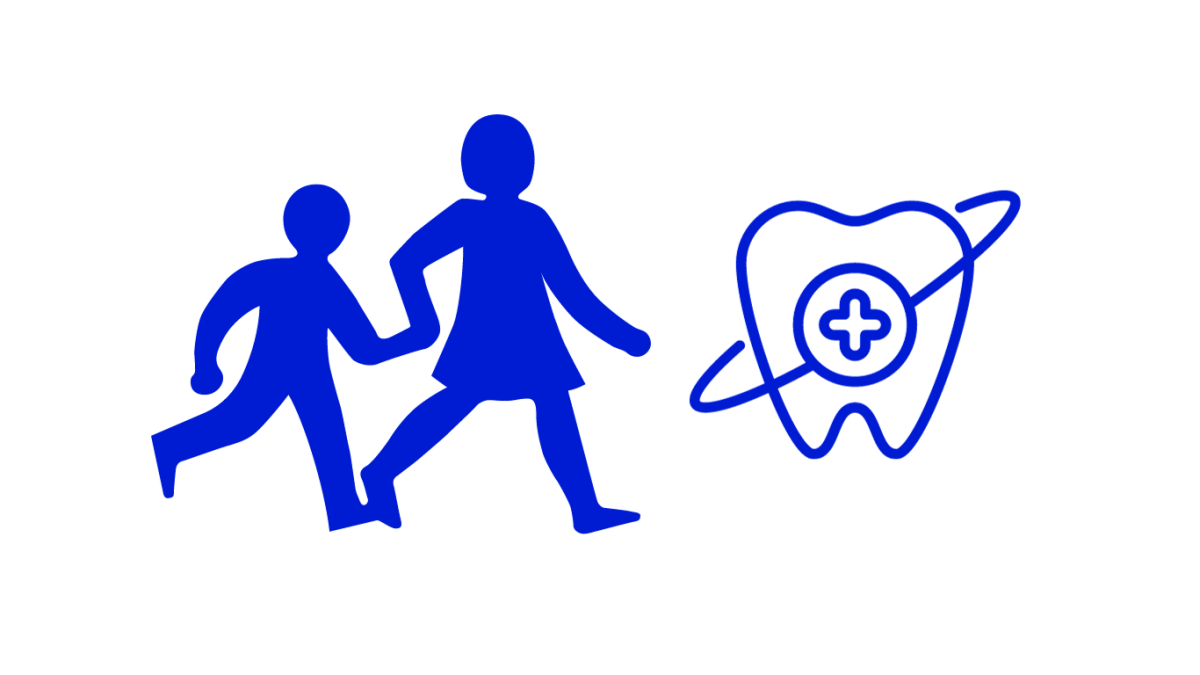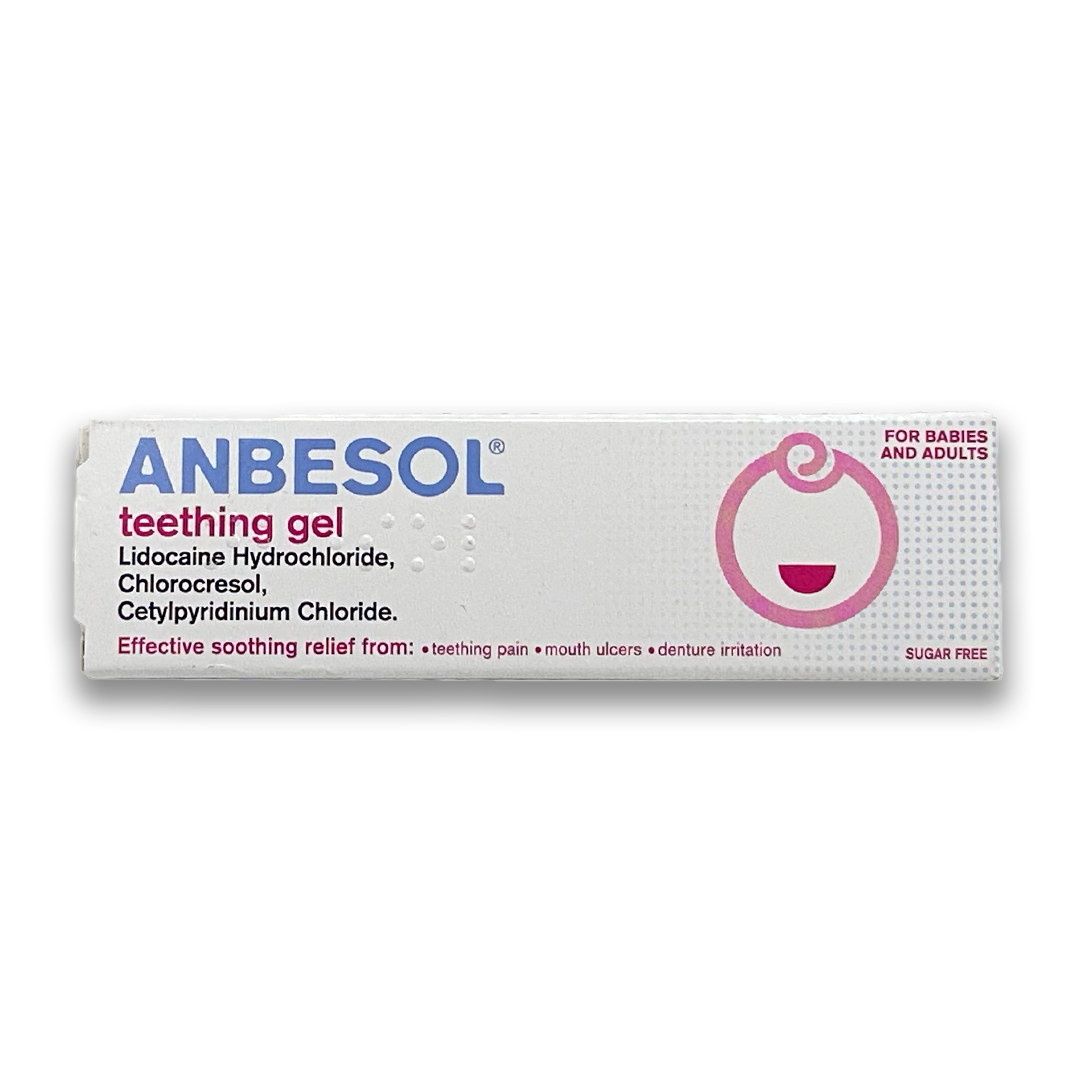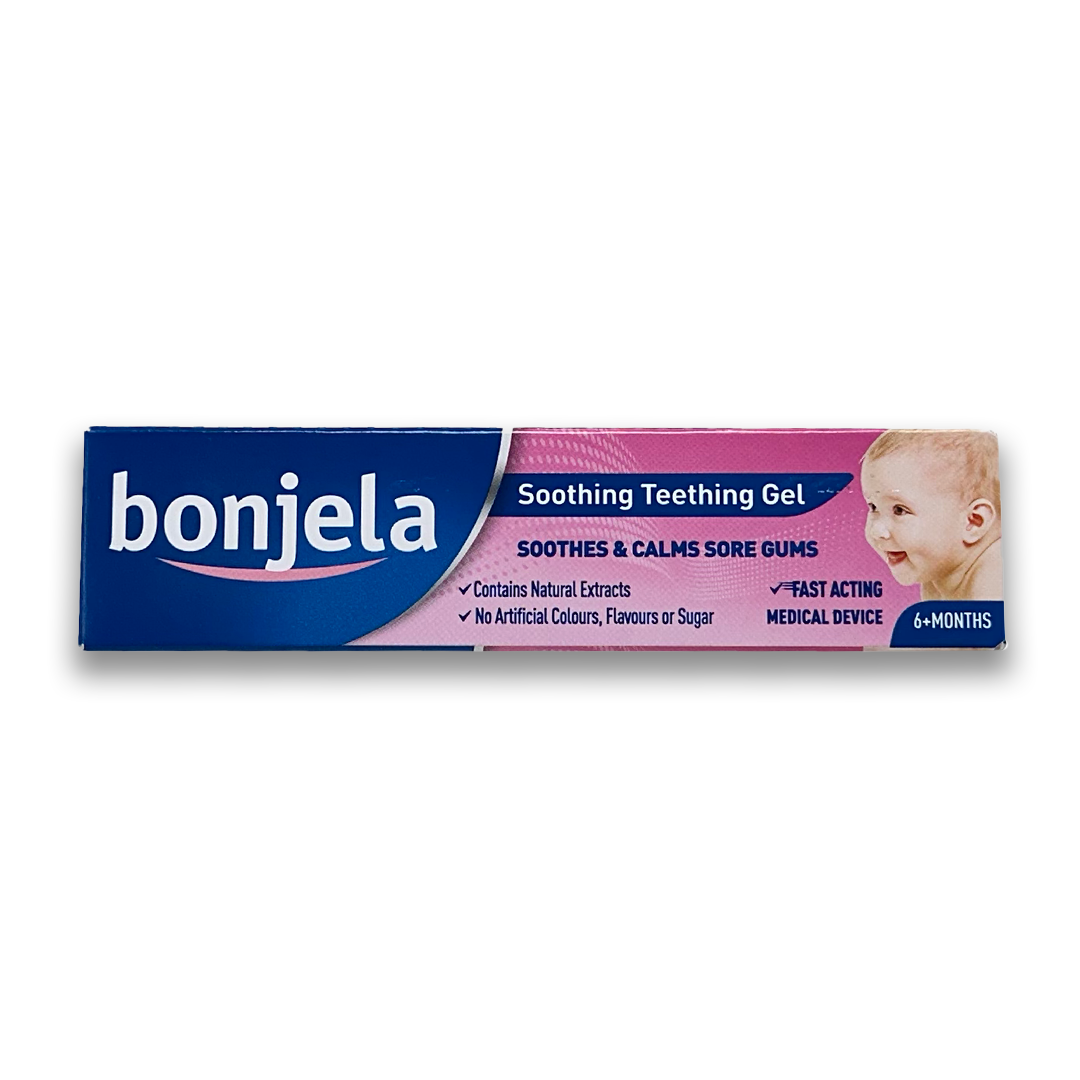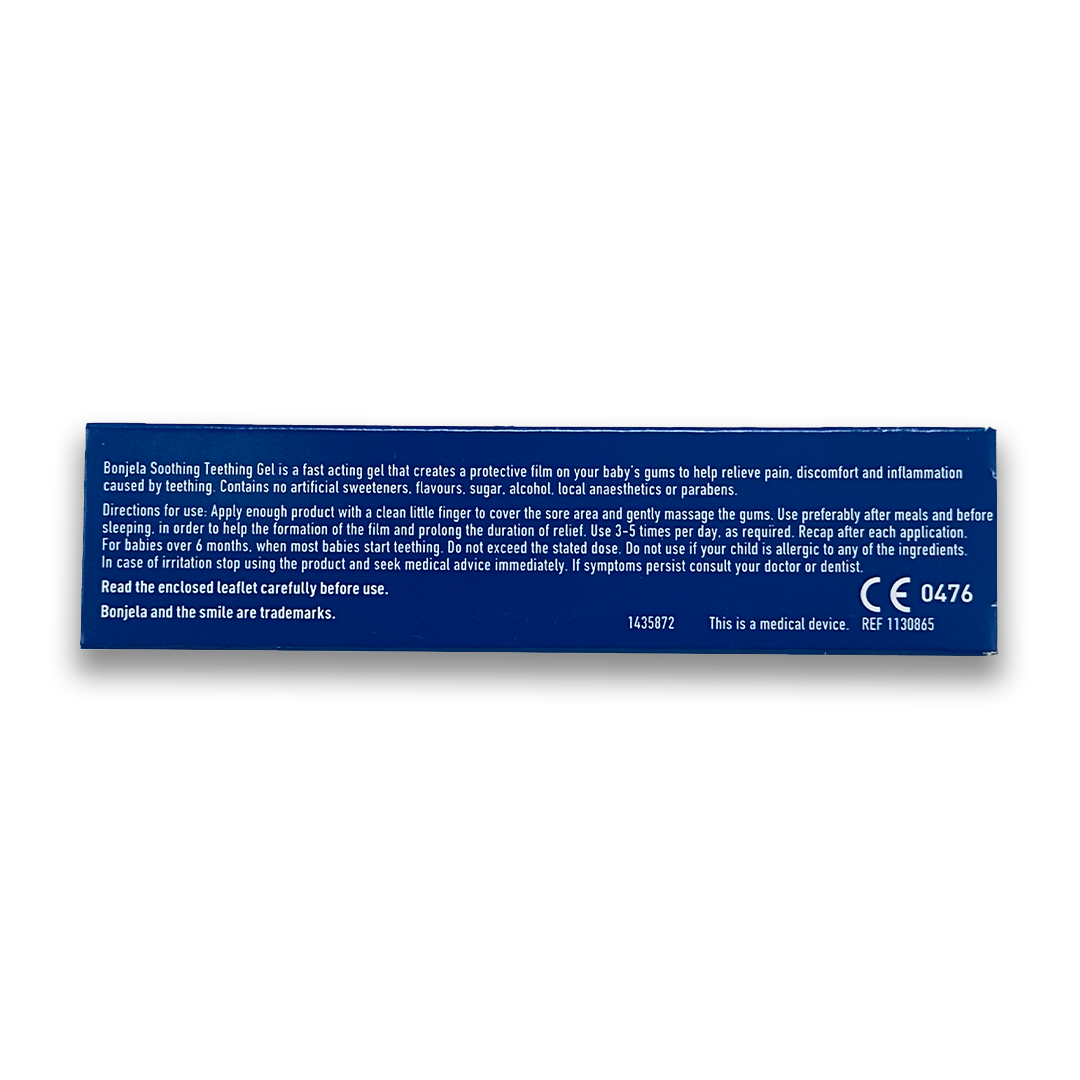

About Teething
Cause
Diagnosis
Treatments
Management
Further Info
FAQs
When does teething typically start?
What are the common signs of teething?
Does teething cause any other issues?
Should I worry if my baby hasn’t started teething yet?
We are here to help 👋
For assistance, please contact our customer service at info@rightangled.com. We are available Monday to Friday from 8 am to 5 pm. For urgent issues, please do not use this email. Instead, call 111, or dial 999 in case of an emergency.




